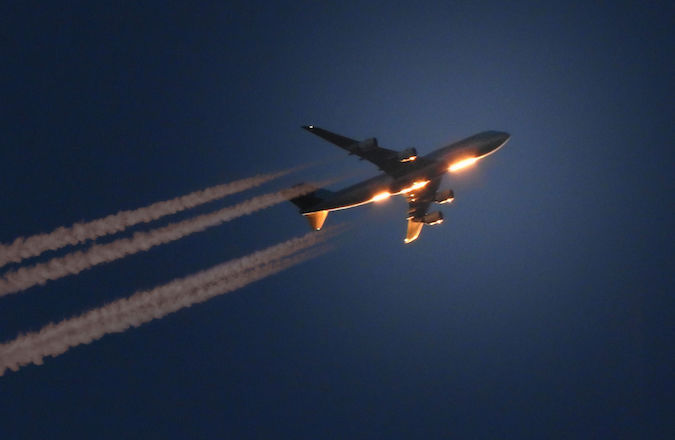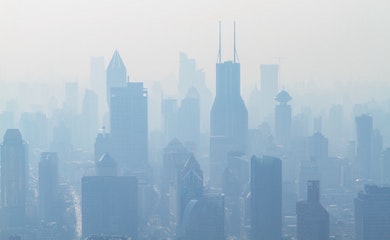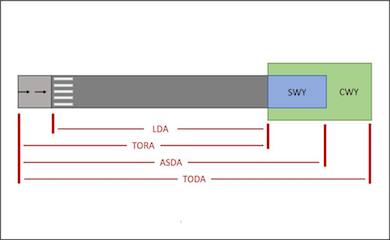Carbon Emissions and Airline Responsibilities
Guidelines and targets for carbon emissions are politically – and scientifically – important in 2020, and they will likely remain important in the future.
For every initiative to reduce our emissions, there appear to be a slew of exceptions, loopholes and accounting tricks that can make it very difficult to gauge whether we are making meaningful progress.
The latest player to come under scrutiny on this issue is the aviation industry. This article will consider some of the questions and accusations that have come up lately – and since it may be SAH (Somewhat Acronym Heavy), a few abbreviations are listed below for reference:
- IATA – International Air Transport Association (a trade association for the world’s airlines, representing 82% of total air traffic).
- ICAO – International Civil Aviation Authority (a United Nations body).
- ICSA – International Coalition for Sustainable Aviation (a network of nonprofit organisations).
- CORSIA – Carbon Offsetting and Reduction Scheme for International Aviation (an ICAO initiative adopted in 2016, discussed below).
CORSIA
CORSIA is a mitigation strategy for the airline industry. According to ICAO, it was designed to address gaps in aviation’s ability to reduce and eliminate its CO2 emissions, with the aspirational goal of carbon neutral growth from 2020. The pilot phase for the scheme is from 2021 to 2023 and at the time of writing, participation is voluntary.
The idea is that since technology for reducing pollution from planes is so limited, airlines would fund emission cuts elsewhere – CORSIA being a carbon market for facilitating this. Emissions over a calculated baseline would be paid for in this way.
The CORSIA baseline, according to the news release referenced above, is calculated as the average of the 2019 and 2020 emissions from the sector. At least, that was the idea…
ICAO has announced that the value of the 2019 emissions will be used as the 2020 value i.e. only the 2019 emissions figure will be used as the baseline. The reason for this is that COVID-19 has slashed emissions in 2020, such that calculating the baseline the intended way would greatly lower the value.
Protecting an Industry or Moving the Goalposts?
ICAO says the baseline adjustment is necessary because using an unrealistically low baseline would place an inappropriate economic burden on the industry. ICAO in fact heralded the decision as ‘great news for the environment’ on their twitter account.
Not everyone views the move as positive. Climate Home News has reported that the decision to lower the baseline was made following a lobbying effort from IATA and that the saving for airlines in offsetting costs could be $15 billion.
ICSA, meanwhile, has expressed the view that rewriting the rules of the climate deal was not necessary.
The decision has also been criticised by lawmakers in the European Parliament, with some suggesting that ICAO’s decision increases the likelihood that Europe will itself take additional steps to tackle the issue of emissions.
The Guardian has reported that the former EU climate chief also fears the end of Covid-19 will bring higher carbon emissions, and that financial help to airlines must come with climate conditions.
Moving Forward
Tackling carbon emissions can, depending on what you read, seem like a battle we are ill-equipped to win.
About Pager Power
Pager Power helps developers resolve technical issues that may block their development during the planning process. For more information please call us on 01787 319001.
References
[1]Source: IATA website (https://www.iata.org/en/about/) accessed July 2020.
[2] ICAO, June 2020, ICAO Council agrees to the safeguard adjustment for CORISA in light of COVID-19 pandemic, (https://www.icao.int/Newsroom/Pages/ICAO-Council-agrees-to-the-safeguard-adjustment-for-CORSIA-in-light-of-COVID19-pandemic.aspx), Accessed July 2020.
[3]Climate Home News, 2020, Airlines’ climate obligations postponed as UN body endorses industry proposal (https://www.climatechangenews.com/2020/07/01/airlines-climate-obligations-postponed-un-body-endorses-industry-proposal/), Accessed July 2020.
[4]Letter from ICSA to ICAO, dated June 2020 (http://blogs.edf.org/climate411/files/2020/06/ICSA_Letter_CORSIA_Baseline_26_June_2020.pdf), accessed July 2020.
[5]Timperley, J, 2020, Aviation Industry Efforts to Weaken Climate Obligations Could Lead to More Stringent Regulation (https://www.desmog.co.uk/2020/06/25/aviation-industry-efforts-weaken-climate-obligations-could-lead-more-stringent-regulation), Desmog UK, accessed July 2020.
[6]Harvey, F, 2020, Financial help for airlines ‘should come with strict climate conditions’ (https://www.theguardian.com/environment/2020/apr/01/financial-help-for-airlines-should-come-with-strict-climate-conditions), The Guardian, accessed July 2020.




